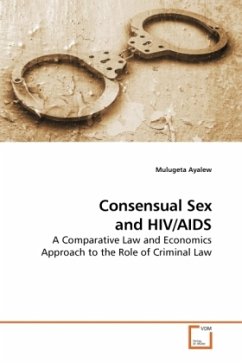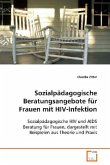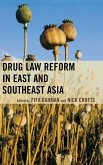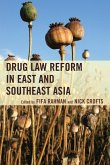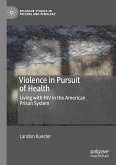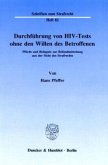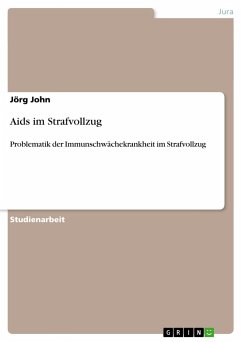Several countries have criminalized intentional and/or reckless transmission of/exposure to HIV in consensual sex. Differences among legal systems are observed on: whether exposure is enough or actual infection is required; what kinds of sexual intercourse are criminalized; whether disclosure is an affirmative defence or whether non-disclosure is a constitutive element of the crime; whether specific intent, in addition to knowledge of one s HIV-positive status, needs to be established by the prosecution; and whether use of condoms is an affirmative defence. There is no agreement either among legal commentators on what is the best law . Consensual sexual relationships result in inefficiencies attributed to information asymmetry. This is characterized by a sex market wherein the participants are mainly HIV-positive. Yet, criminal law is not the optimal instrument to deal with the problem. Efficiency requires regulation of consensual relationships be left mainly to tort law. The defendant is tortiously liable only when there is infection (exposure is not sufficient). Informed consent (not use of condoms) should be a defence.
Bitte wählen Sie Ihr Anliegen aus.
Rechnungen
Retourenschein anfordern
Bestellstatus
Storno

